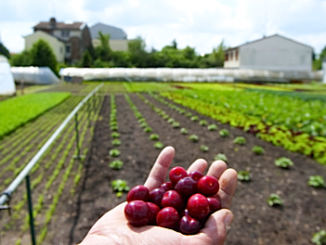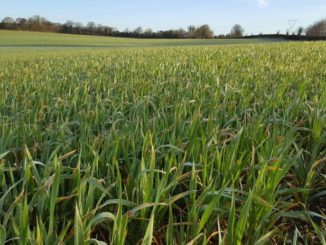In David Attenborough’s foreword to The State of Nature 2016, he writes: “…Nature is in serious trouble and it needs our help as never before.” The report singles out intensive agriculture and climate change as the two most serious threats to biodiversity in the UK. Agriculture still occupies 75% of the UK’s land area and the declining fortunes of mixed farming has led to consolidation and specialisation on a massive scale at landscape level. It is hardly surprising then, that the environmental impact of farming should be an issue of public concern. Look at this picture of a field with an over-wintered crop above: it is typical of thousands up and down the UK. Beneath the serried ranks of seedlings, criss-crossed with tracks that reflect the width of the spraying boom which passes periodically, countless farmland species struggle to adapt to what is often a hostile environment. The State of Nature editorial team identify earlier planting and regular spraying as important underlying factors in the way intensive farming impacts biodiversity. The study draws on long […]
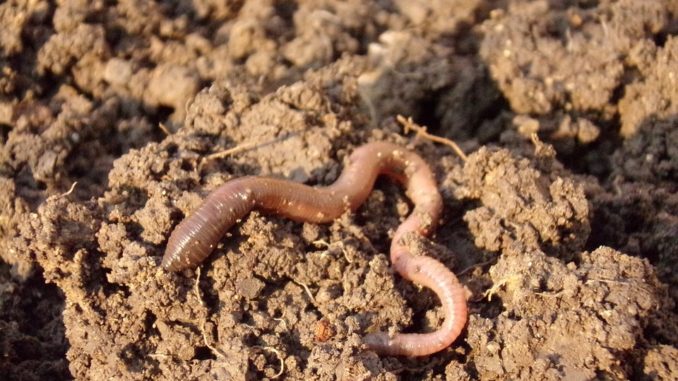

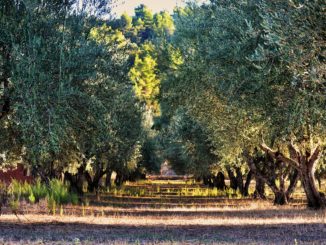

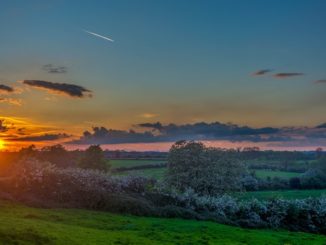
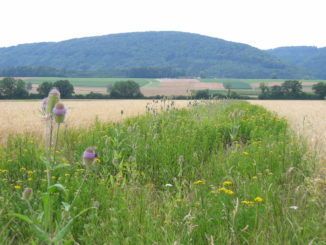

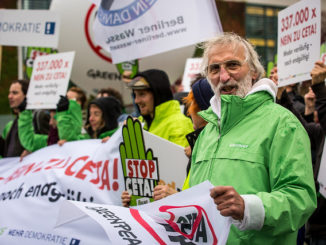
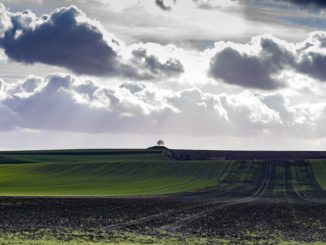
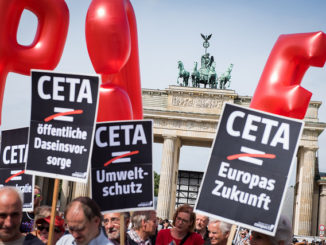

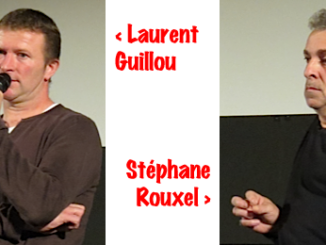
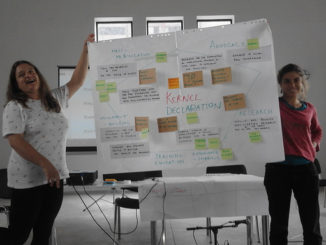
![Base map by Llywelyn2000 (Own work) [CC BY-SA 4.0 (http://creativecommons.org/licenses/by-sa/4.0)], via Wikimedia Commons](https://www.arc2020.eu/wp-content/uploads/2016/09/500px-264px-glomel-featured-no-caption-326x245.png)
